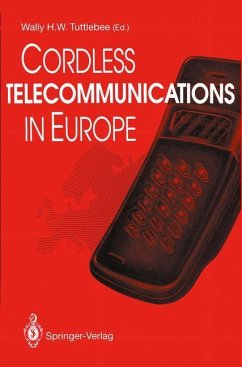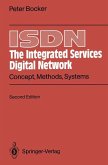The mobile telecommunications industry is experiencing consider able growth at present and with the increased traffic capacities which these systems provide and falling equipment prices, it is expected to continue to grow throughout the 1990s. Projections of equipment costs indicate that even portable cellular handsets could come within the reach of many customers well before the end of the century. This will transform mobile communications services from a minority, high cost application into a mainstream telecommunications service. For both market and technical reasons it is likely that the distinction between cellular, Telepoint and paging services will decrease, and the provision of common hardware in the form of a Universal Personal Communicator will become increasingly feasible. 1987 Green Paper on The European Commission's June Telecommunications included the proposal to create a European Telecommunications Standards Institute (ETSI). This has resulted in a major reform of the European standards-setting process with the establishment of ETSI in March 1988 in Sophia-Antipolis, Nice, France. In the field of cordless telecommunications, ETSI has charged its Technical Sub-Committee RES 3 with producing the Digital European Cordless Telecommunications (DECT) standard by October 1991. In the meantime, the UK CT2 Common Air Interface (CAl) has been agreed by ETSI RES in March 1990 as the basis for an Interim European Telecommuni cations Standard (I-ETS) for Telepoint applications within Europe.
Bitte wählen Sie Ihr Anliegen aus.
Rechnungen
Retourenschein anfordern
Bestellstatus
Storno








